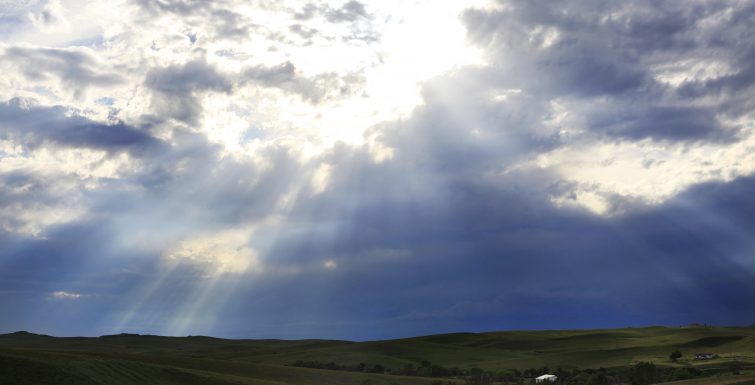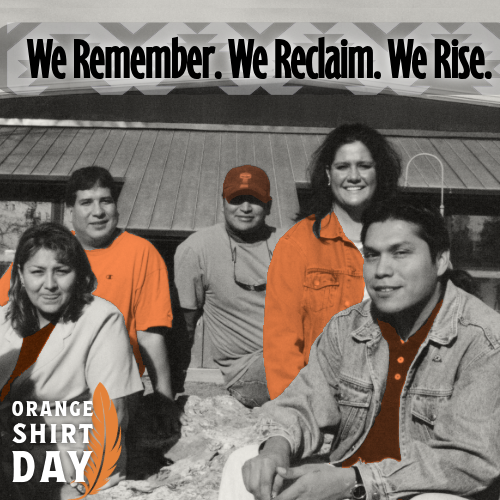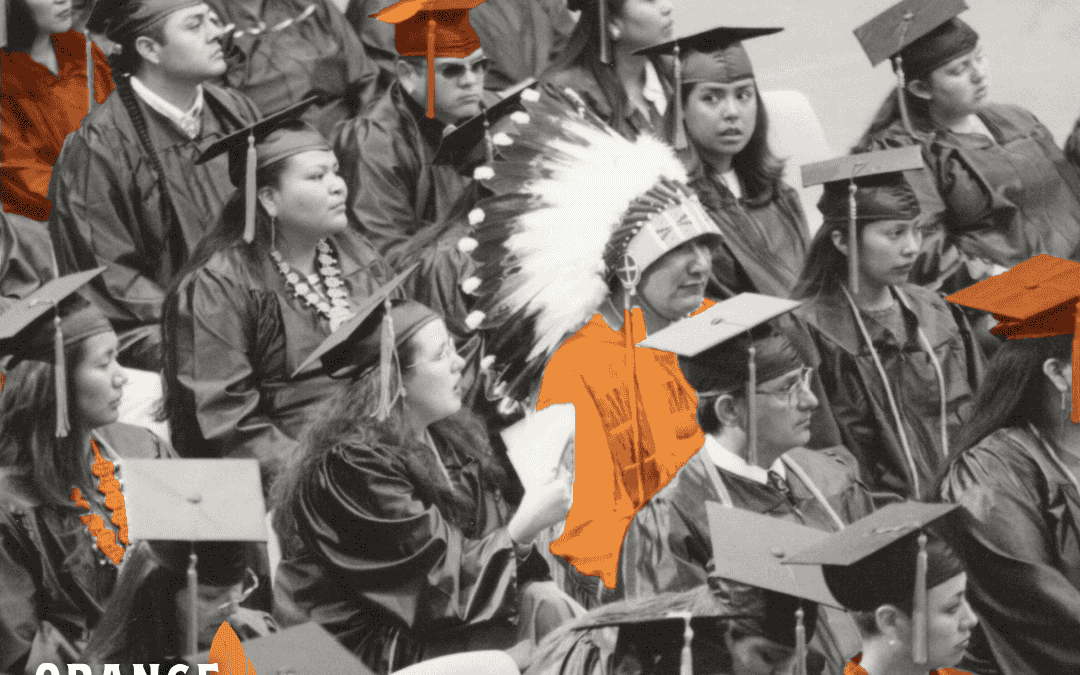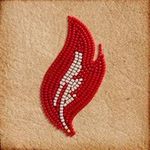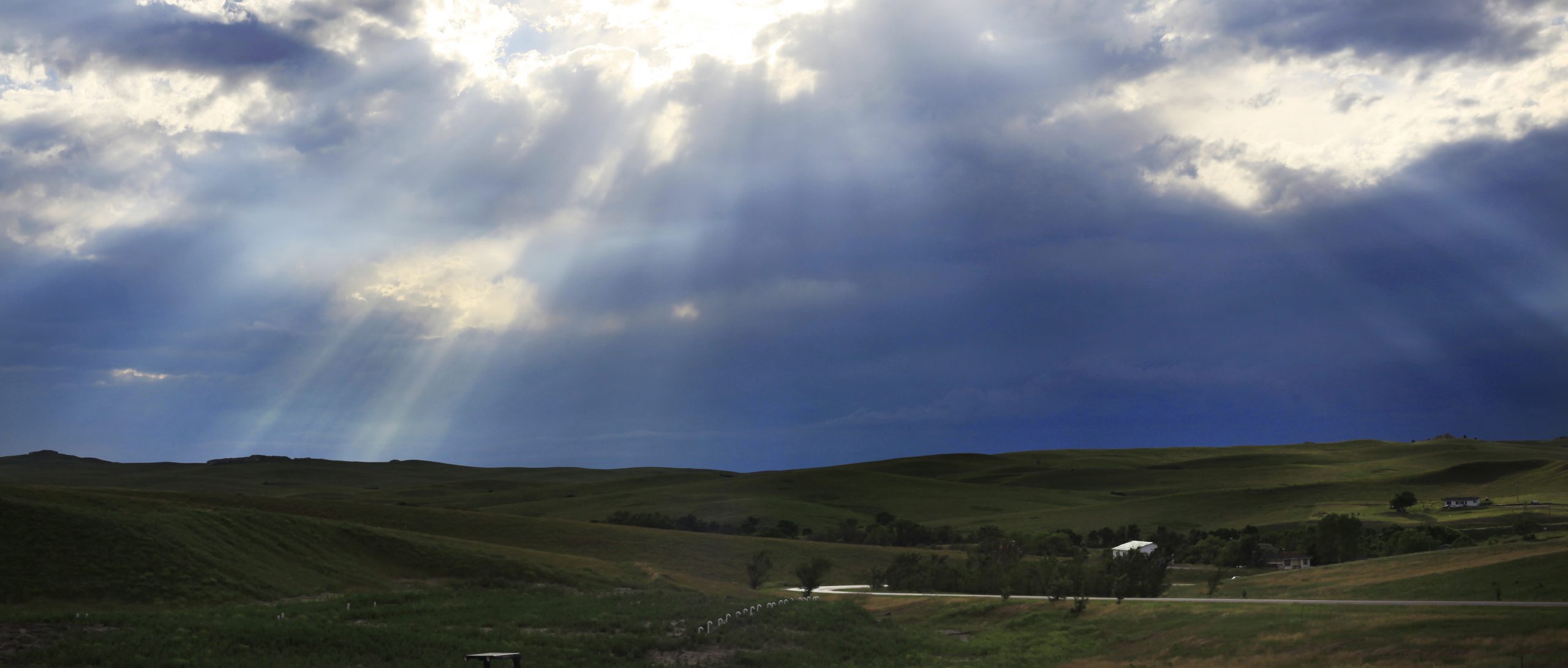
The sun rises along the countryside in rural South Dakota.
This weekend I drove with my family across the plains of Colorado into the sand hills of Nebraska then journeyed over vast prairies into the tree-filled hills, through weather that ranged from warm sun to pouring rain and slush, and blowing snow settling into the chilly night of a fall day. I felt very indigenous, native, naturally occurring in place.
I lived a modern-day indigenous experience on this journey, and had several moments when I felt my ancestors’ presence and remembered how they lived since the beginning of time on our ancestral land. My daughter and her family joined me in the Paha Sapa, the Black Hills, my Sicangu Lakota tribe’s, and other bands’ sacred homelands. We spent the weekend with family, enjoying the dancing and singing at the Black Hills Powwow, took the kids to the youth summit, and walked the same hills that our ancestors walked long ago.
As I walked these sacred spaces, I thought about how on October 11, all across the United States, indigenous people, Natives like me, and our allies, are celebrating what it means to be indigenous and to be rooted in our lands. We celebrate our identity in stark contrast to what this day has historically represented in the U.S.: Christopher Columbus’s “discovery” of the western hemisphere on his journey to the Far East and the celebration of Columbus Day every October since 1937, despite the dramatic and tragic impact on Native peoples, their cultures, lands, and traditions.
But despite the tragedies of the past, this day has become a time for learning and healing. In 1992, the 500th anniversary of Columbus’s arrival, the city council of Berkeley, California issued the first official declaration of solidarity with indigenous people by changing the focus of the celebration of this day to Native peoples. . Over the past 24 years the momentum has grown as indigenous people and others in communities across the nation have worked to create official acknowledgement and celebrations of the beauty and diversity of indigenous people and their contributions to the thread of this nation’s fabric. Today cities including Denver, Colorado; Portland, Oregon; Seattle, Washington; Minneapolis, Minnesota; Albuquerque, New Mexico; St. Paul, Minnesota; and Olympia, Washington all celebrate some form of Indigenous Peoples Day. In South Dakota, my home state, Columbus Day was renamed Native American Day in 1990, and it has been an official state holiday ever since.
So today on Columbus Day I remember the past, celebrate the courage and alliances that have led to a path of Native and societal healing, and honor our identity as Native peoples. As I stood on my sacred lands this weekend, I reaffirmed what it means to be Native, embracing my identity as a Sicangu Lakota woman, and promised myself that I would continue my journey as a Native educator who will honor my past, while working for community and healing for a strong future for all children

